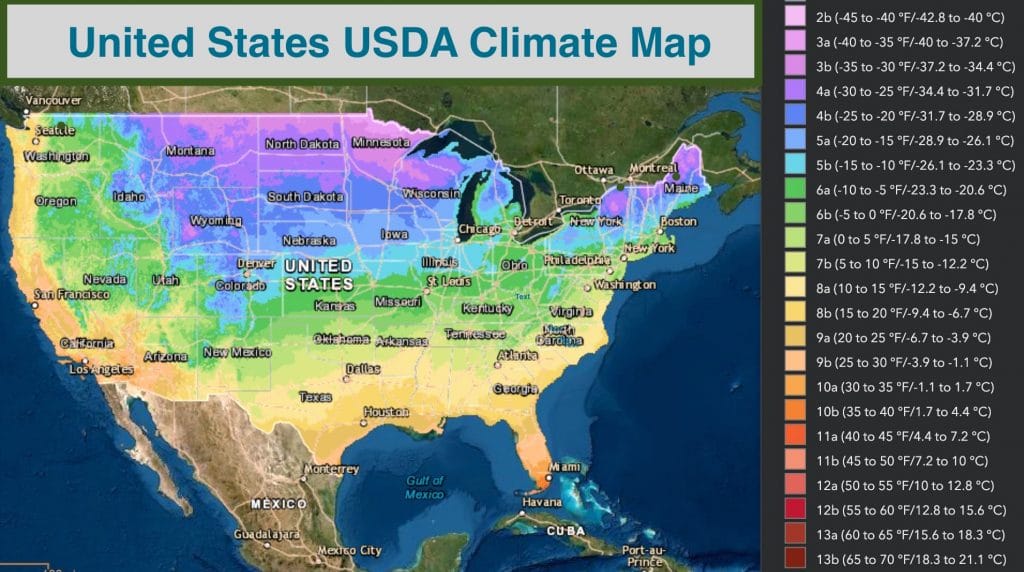If you live in an area that cools down significantly during the winter months, you’ve likely asked yourself, “ should I cover my garden in the winter?”
Finding the correct answer to this dilemma requires a little bit of research. Below you will find the answers you need to determine whether or not to cover your garden and how to do it.
Plants in Winter
When we think of a garden, we usually imagine a green oasis filled with produce, foliage, or both. Warm days and moderate moisture are the ideal conditions for most of the plant life you’d typically find in home gardens.
That’s not how much of the world looks during the colder months, so it’s crucial to know how to winterize your garden.
Plant Hardiness Zones
Knowing what to cover and what to leave there comes down to what plans you have and what zone you are in. Some plants do well in cooler zones and won’t require much care. Others will appreciate a layer of mulch to help keep the roots warm and moist.
Winter Plants
Here are a few cold-hardy plants that you don’t need to tend much in the winter:
- Peonies
- Coral Bells
- Hosta
Covering Your Garden

There are a few different ways to cover a garden, and doing so can help protect the soil during weather that can leave it vulnerable to erosion. Not only are there valuable microbes and moisture that you want to keep locked in, but high winds and melting snow can carry away the soil.
You may only want to avoid this practice if it prevents your plants from getting adequate sunshine or moisture.
How To Cover a Garden
There are a few different ways to cover your garden. You can use organic and inorganic materials to protect the soil, depending on what the plants might need. Here are some of the most popular options for covering your garden:
- Mulch is a fantastic option for keeping plants warm and moist. It will also help prevent new weeds from coming up in the spring.
- After the autumn season, many homeowners have to deal with leaf disposal. Why not put it to good use and spread a shallow layer over the garden?
- Many gardening centers sell tarps and covers specifically designed to protect the ground. These are especially effective at preventing weeds or unwanted growth from coming through.
- If you must protect late-harvest produce from early frosts, hoop frames and wirehouses keep cold from destroying the plants.
- You can also plant an evergreen ground cover like ivy or juniper. These will help protect your garden and boost your curb appeal.
Other Tips for Winterizing
Making sure your garden is covered isn’t the only step you should take to prepare for the winter months. There are a few other chores to complete before facing the cold.
Try these tips for keeping your garden in tip-top shape over the winter:
- Replace any depleted soil. During the growing and harvesting season, there’s plenty of opportunity to lose some soil.
- Unhook your hose to prevent damage to the pipes during freezes.
- Pull weeds and clean up the garden to help give the plants a fresh start next season.
- Avoid pruning plants too close to the first frost of the season. That can weaken your plants right before they need to start conserving energy.
- If you have any plants that can or should get brought in, make sure to do so before the weather gets too chilly.
Final Thoughts
It’s nearly always beneficial to cover your plants for the winter season. If you’re asking, “Should I cover my garden for the winter?” chances are you live somewhere where the winters are particularly cold.
If this is the case in your area, look into the ideal coverings for your soil and plants. Covering your garden might be the best thing you can do to ensure a successful growing season.
